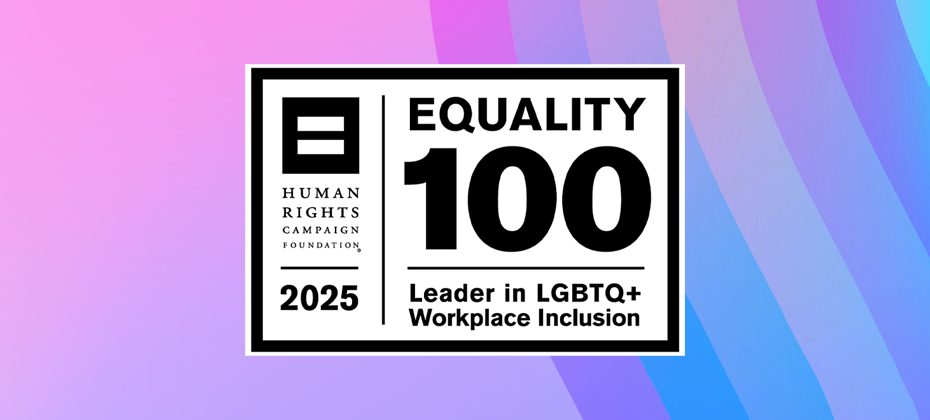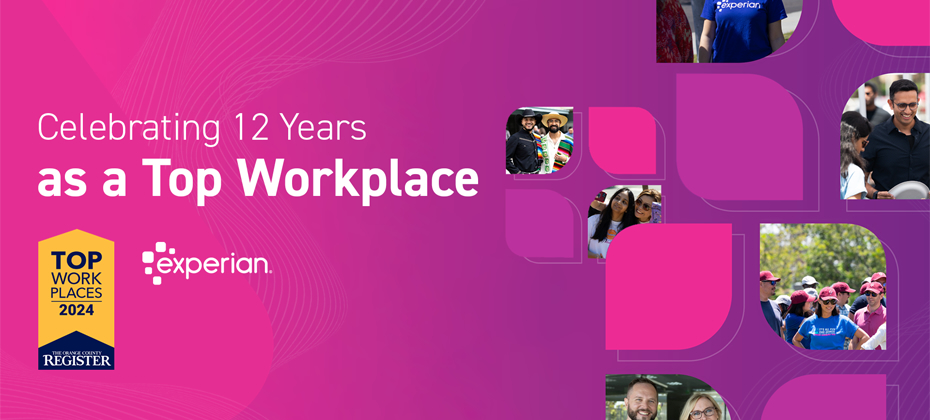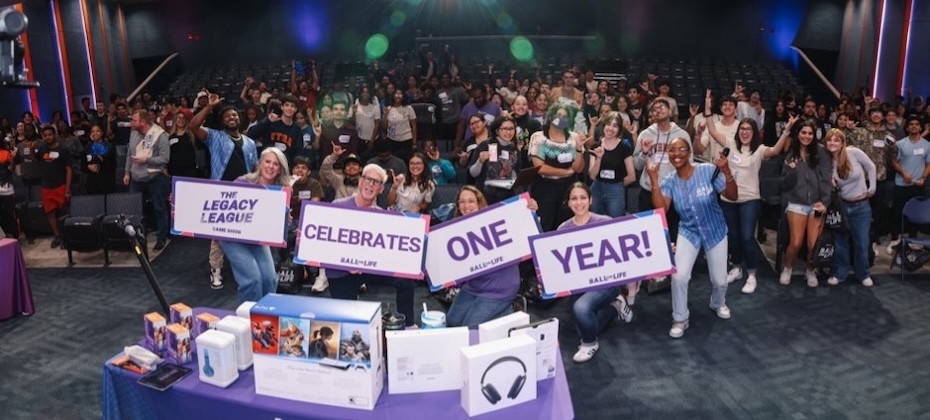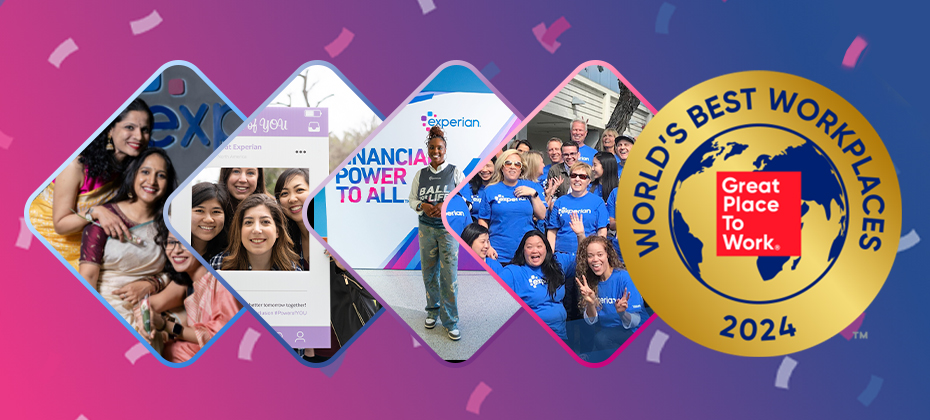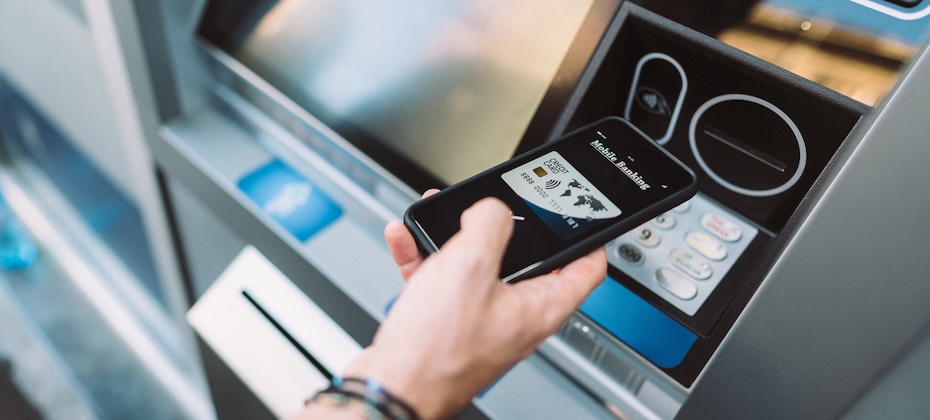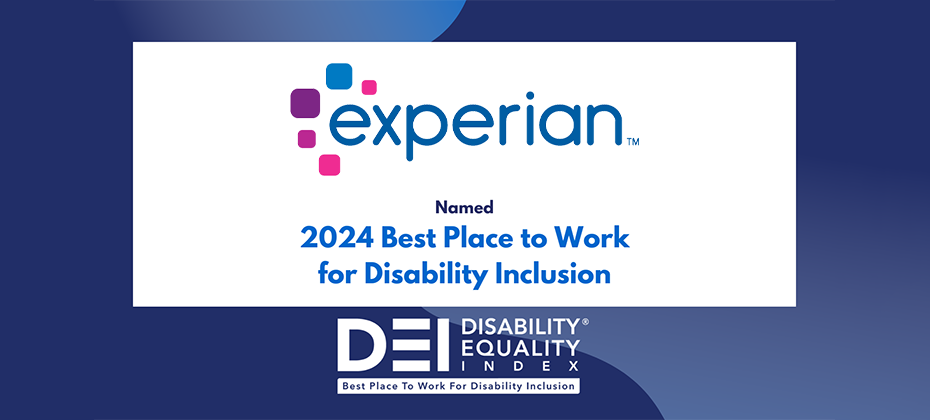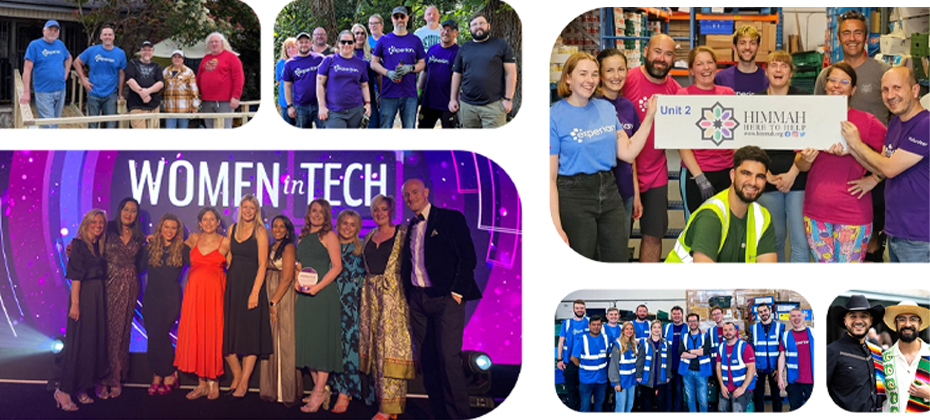At A Glance
At a Glance When an unknown printer took a galley of type and scrambled it to make a type 2ince the 1500s, when an unknown printer took a galley of type and scrambled it to make a type specimen book. It has survived not only five centuries, but also the leap into electronic typesetting, remaining essentially unchanged. It was popularised in the 1960s with the release ince the 1500s, when an unknown printer took a galley of type and scrambled it to make a type specimen book. It has survived not only five centuries, but also the leap into electronic typesetting, remaining essentially unchanged. It was popularised in the 1960s with the releaseince the 1500s, when an unknown printer took a galley of type and scrambled it to make a type specimen book. It has survived not only five centuries, but also the leap into electronic typesetting, remaining essentially unchanged. It was popularised in the 1960s with the releaseince the 1500s, when an unknown printer took a galley of type and scrambled it to make a type specimen book. It has survived not only five centuries, but also the leap into electronic typesetting, remaining essentially unchanged. It was popularised in the 1960s with the releaseince the 1500s, when an unknown printer took a galley of type and scrambled it to make a type specimen book. It has survived not only five centuries, but also the leap into electronic typesetting, remaining essentially unchanged. It was popularised in the 1960s with the release

As Doug Conant, the former CEO of Campbell’s Soup once said, “To win in the marketplace you must first win in the workplace.” This is quite befitting as Experian celebrates being named a 2017 top workplace for the fifth consecutive year by the Orange County Register. While we work hard to run our business and service our clients, this recognition is a testament to our culture, which emphasizes collaboration, innovation and diversity amongst our employees. “We are proud to foster a global culture of continuous innovation,” said Craig Boundy, former chief executive officer, Experian North America. “Our goal is to create a culture where everyone has a real sense of belonging and trust and is comfortable showing up every day, being their authentic self.” Boundy continued, “We’re thrilled with our continued presence on the Orange County Register list as it validates the great work we do every day for consumers, clients and our communities.” Culture of Collaboration At Experian, we get the opportunity to work with a great group of people that truly want to make a difference in the lives of consumers and our customers, Experian employees do this by working to help people do important things to improve their lives and realize their ambitions; such as buying a car or home, funding an education, growing a business or protecting their identity. This commitment to put consumers first comes from our diverse culture and the collective strength of our highly motivated team members who are constantly collaborating to help Experian create a better tomorrow for millions of people every day. At the Forefront of Innovation As part of our work, we have embraced a culture of discovery that has enabled us to grow and evolve while remaining at the forefront of innovation. We continue to have a positive impact on consumers, businesses and the economy with our products, technology and innovations. From finding breakthroughs around better utilizing data, to identifying ways we can make access to credit faster and simpler for millions around the world. This past year has been a year of significant milestones, including our partnership with Finicity, the introduction of our Text for Credit product, and our drive to create a more open and adaptive technology environment by implementing API capabilities across the Experian network. Giving Back to the Community We are equally committed to giving back to our communities by creating better tomorrows. From volunteering with the Jessie Rees Foundation – which helps children deal with cancer – and the Blind Children’s Learning Center. This year Experian also provided a $750,000 gift to create the Experian Assistant Professorship in Machine Learning at Chapman University. This investment is being used to expand machine learning opportunities at the university’s Machine Learning and Assistive Technology Lab (MLAT), where Chapman researchers use big data and technology to address challenges of social significance like autism. The gift is the latest of a long series of collaborations between Chapman and Experian. Several years ago, Experian and Chapman began a partnership that involved placing graduate students to become data scientists in internships within Experian to provide them real-world, hands on training. Since then, the partnership has blossomed to include embedding a Chapman faculty member within Experian to better ground the academic community on how data scientists work within the private sector to better shape their curriculum. We’ve also supported scholarships and programs at Chapman to ensure that the field of data science remains inclusive, diverse, and talented. We’ve also helped with the Hurricane Harvey relief efforts. From the moment the storm hit, our team was already rolling up their sleeves. Our corporate responsibility team set up a donation link right away for employees to make contributions to the South/Central Texas American Red Cross, providing critical aid to families. We were met with an overwhelming amount of generosity from our employees, and raised more than $90,000. Also, we partnered with 14 banks with branches in Texas who provided free credit and identity checks for hurricane victims, along with free memberships to our identity theft protection product. Recognition and Awards We continued to be recognized for our innovation and diversity by leading publications and industry organizations. Experian was named to Forbes Magazine’s Top 100 list of the “World’s Most Innovative Companies” for the fourth consecutive year. The Advancing Women in Technology (AWT) organization recently honored several Experian women at its 16th Annual Scholarship event. We are also one of 28 companies named to the Grace Hopper Leadership Index of companies whose representation and development of women technologists is above the mean. We are very proud to be among this select group of companies recognized by the Register for our positive workplace culture that attracts and retains top talent in Orange County, as well as our other locations across North America. Our employees are committed to helping to create better tomorrows in our communities through social responsibility activities, technology and innovation, and through our everyday work and business purpose.

In the United States, many individuals struggle with managing their money. In fact, a recent study by Mintel found that only 19 percent of respondents would rate themselves highly on their financial knowledge. As the Director of Public Education at Experian, this finding, while concerning, is not surprising. Since joining Experian twenty years ago, my team and I have spoken with thousands of consumers across the country about personal finance. From bank presidents to blue-collar workers, the individuals I speak to all want the answer to one question – “how can I plan for my financial future, taking into consideration life’s ups and downs?” The Mintel survey found that 21 percent of Americans today are not at all confident about reaching their financial goals, but my team and I are working every day to change this. We are committed to working with various communities within the U.S. to help them better understand their finances. We provide training for young men and women in the Air Force about how to succeed financially while on active duty and when returning to civilian life as part of a program with the Hero’s at Home organization. In partnership with the Society for Financial Education and Professional Development, we also educate young adults at historically black colleges and universities, answering questions about building credit and managing money. Through the LifeSmarts Competition, we challenge high school students to compete on knowledge of personal finance. And through some of our other programs, we work with low-income women and immigrant populations to promote financial inclusion by helping them establish credit or understand loans. Through these experiences, we’ve met countless inspiring individuals from various backgrounds with compelling success stories. For example, a member of the Air Force once told us that, following one of our sessions, she was able to improve her credit and buy her first home. Stories like this are why I am so proud to be part of the only dedicated financial education team in the industry. I am excited to continue empowering people from all walks of life to reach their financial goals. Learn more about the Mintel research here.

I’m the head of Serasa Experian’s DataLab, where my colleagues and I focus on using data and artificial intelligence to solve complex challenges for our customers. Our team of data scientists and applied research practitioners use data analytics to create new products and services that address world needs. One successful product is RWA, a platform that analyzes the dynamics of cities to help businesses make informed decisions on their next site location. Occasionally, however, we also discover innovative ways data can solve our own obstacles at Experian. Last year, several departments within Experian were facing similar challenges. We realized the problem could be solved if each group got together to share their perspectives, brainstorm and then collaborate on a common solution. At the end of that project, our teams decided to find more ways to encourage cross-team collaboration within the DataLab network more often. That’s when we decided to launch our first hackathon. Hackathons are events where a large number of people are challenged to participate in collaborative computer programming projects. Various challenges are proposed and the goal is to optimize, reinvent or replace current solutions, providing the participants with the freedom to select their project and team. For our inaugural hackathon, we challenged 80 programmers, designers and project managers to work together for more than 24 hours to create efficient authentication and retention processes to benefit customers. In our second hackathon, we asked participants to create a new Serasa Experian app that would improve relationships with consumers, along with new products that would utilize Experian’s database. The winning app solution ended up using positive registration data to improve personal credit scores for consumers. This app is now in the process of implementation. For our most recent hackathon, held in 2017, we challenged 200 employees and external participants to develop solutions. One of the challenges was to develop solutions to improve the lives of visually disabled individuals. We invited three people with visual disabilities to share their experiences, giving the teams a personal perspective for how a new product could improve their daily lives. For more than 40 hours, the teams worked tirelessly – utilizing data analysis, product design and business planning – to develop their innovative ideas. Although we have only hosted three so far, I hope to continue bringing the culture of the hackathons into our day-to-day activities at Serasa Experian. By collaborating more with coworkers in the past couple of years, I have been inspired by their ability to approach problems in unique ways. I am proud to foster such a collaborative environment and excited to see my coworkers prove a fundamental belief at Experian – hard work can also be fun when you work hard and play hard.
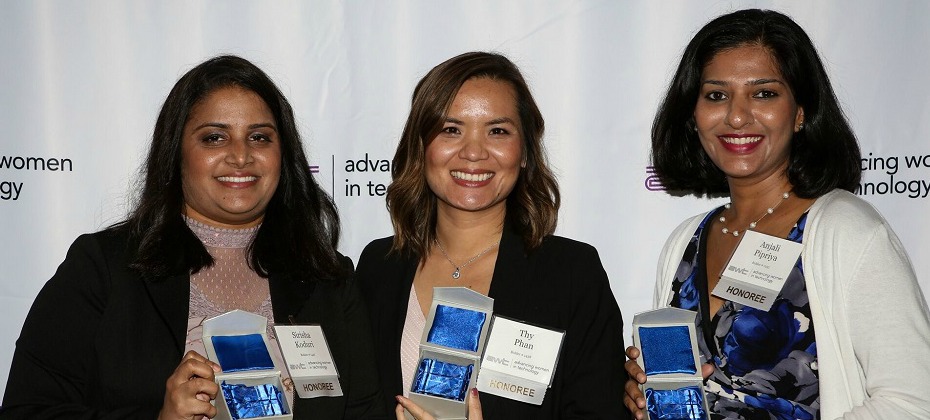
Amid a shortage of women pursuing STEM careers, organizations must be committed to helping women who have chosen to enter the tech industry and are poised for success in key areas such as collaboration, creativity, innovation, leadership, and transformation. At Experian, we are an advocate for diversity, inclusion, and gender equality in technology functions and beyond. Showcasing the impact women have in the tech community, the Advancing Women in Technology (AWT) organization recently honored several Experian women at its 16th Annual Scholarship event. Keynote Presentation Experian’s president of partner solutions, Jennifer Leuer, was the featured keynote speaker. As part of her presentation, Leuer encouraged the audience to create a culture of confidence to advance women. “This year’s headlines marked a watershed year for women in the workplace. We need to keep that momentum going by creating a culture of confidence in the workplace, with our families and in our communities,” said Leuer. “One of the many ways we can do this is through mentoring. By providing more women with support and varied perspectives, we assist them with navigating new challenges with confidence.” AWT 2017 Outstanding Executives in Technology Award The Outstanding Executives in Technology award was given to Faith Gaudino, Experian’s senior vice president of corporate project management, for her successful career in technology. For nearly 40 years, Gaudino has worked on Experian’s strategic technology portfolios. Her work is key to maximizing Experian’s investments in technology, business expansion, security and business transformation. “What I enjoy most about my position is the diversity of projects that I work on,” said Gaudino. “My team gets involved in everything from acquisitions to rolling out the latest technology changes throughout the organization. This diversity allows me to constantly learn new things. I am proud to be recognized by the AWT and I hope to inspire other women to pursue and continue careers in technology.” AWT 2017 Rising Women in Technology Award The Rising Women in Technology award recognizes women who have successfully established careers in a variety of technical positions such as engineering, software development, business analytics and management. Five women from Experian were given this award: Becky Clay, marketing automation campaign manager – Clay is responsible for increasing response and conversion rates for the company’s enterprise marketing and internal communications campaigns. Sirisha Koduri, web development lead – Koduri leads the development of Experian’s global content management system. Thy Phan, senior marketing analyst – Phan works on email marketing for the B2B businesses across the Experian enterprise. Anjali Pipriya, software development expert – Pipriya helps develop and maintain the Experian lead capturing platform. Amber Garcia, expert project manager – Garcia manages technology projects for Experian’s online and mobile credit products. “In the technology industry, women have a lot of opportunity to have a voice and be successful,” said Garcia. “At Experian, I have gained confidence in my work, grown and found my voice. I feel this award is a milestone in my career that shows how far that I have come.” Experian puts significant effort in attracting a diverse workforce. We are one of 28 companies named to the Leadership Index of companies whose representation and development of women technologists is above the mean. We also participated in the 2017 Wonder Women Tech Diversity & Inclusion Conference and the Grace Hopper Celebration of Women in Technology Conference.

I work at SEGA, a global games company. I first met Nakamura-san, my contact at Experian, about eight or nine years ago. I remember telling him at the time that I was a little sceptical of credit report and analytic companies – I thought they were either too expensive or their reports weren’t detailed enough. However, a year later I needed help from a company like Experian, and I thought I’d put them to the test. My team and I were starting to communicate with overseas markets, to work with companies around the world. So, I phoned Nakamura-san. It was a business negotiation, so I had my poker face on – I played the usual mind games you have to, insinuating that if Experian did this job well then our company might be able to offer them even more business in the future. Safe to say, they passed the test. We’ve been building a really positive relationship with Experian for the last eight years. We’re working with companies in Hong Kong, Taiwan and London at the moment. To work with them, we need information – for instance, we need to know if they’re actually located where they say they are. Even if a company gives us an address, it’s always possible that it operates from a different country – we’ve all heard about companies and their tax havens. When we have these questions, Nakamura-san and his team at Experian collect and analyse data on these companies, and give us very thorough information – breaking it all down and explaining everything to us really clearly. It’s really difficult to get the rich, detailed analysis of data you need, but Experian provides us much better data than any of our previous credit research companies managed to. They consult with us, and help us use this data to get our business to a better place. I’m very grateful for it – they’ve added great value to our business. Mr. Shinji Mutazono, Team Manager, SEGA Group Companies Finance Department, SEGA Holdings CO., Ltd.

“I’ve been working with Turkcell for about six years now. I was on my way to have lunch with my main contact there, Elif, and I bumped into so many familiar faces. We agreed that you don’t often get that kind of long, trusted relationship in business. About two years ago, Elif explained to me that Turkcell needed help keeping customer communications fresh and relevant. Turkcell had a fixed weekly marketing plan, but a week is a long time in marketing. Customers were interacting with them all the time, across lots of different channels. These different types of customer communication cancelled out Turkcell’s planned weekly messages. They had to cancel more than half of their planned contacts. The marketing team were really frustrated – this was a complex challenge to fix. We wanted to create a marketing tool that meant Turkcell could speak to their customers every day instead of once a week. And so the right messages got to the right people at the right time. The team we got together on this project were based all over the world: Turkcell and an Experian team in Turkey, me and my team in Nottingham, our software development team in Bulgaria, our product development over in Washington, and Vusal in Monaco who helped us completely automate the process. Vusal’s fluent Turkish certainly came in useful. I flew over to Turkey a few times during the project. Being onsite made a big difference – it meant we could understand and fix issues in hours, rather than days. There’s one particular time that stands out. It was five weeks before the launch, so we had loads to get through. We worked non-stop for two weeks straight, right through the weekends, making sure nothing would stop us getting the daily marketing tool up and running. We’d each bring in different food and fruits for our ‘table picnic’ to keep us going. There was a lot of attention focussed on this project. When it finally went live, we had a ‘phew’ and a ‘wow’ moment. And then we saw the difference it made. It’s done exactly what we wanted it to do and Turkcell’s take-up rates have improved. And now we’ve won a Global Telecoms Business Innovation award for it. It’s a joint award, for both Turkcell and Experian – which feels right. It was hard work, but worth it.”

The UK is home to some of the brightest minds in the Fintech sector. It is a hive of innovation that is starting to deliver consumer services which challenge conventional thinking about the role and function of traditional service providers. During the last few years we have seen customers develop ever-increasing expectations when it comes to digital services. People are demanding engaging content with useful and simple functionality which delivers a great user-experience. And it is the new entrants into the marketplace, the disrupting Fintechs, who appear to be most effective at meeting this need at present. Start-ups also have the advantage of agility and speed. And the impact of the rapidly evolving Fintech community should not be underestimated. Although we are one of the biggest companies in the world, Experian’s own pioneering application of data, analytics and technology plays an important role in finding new innovative solutions too – from helping consumers understand and improve their financial situations, to supporting the growth of businesses, managing risk and protecting against fraud. Now we’re looking to discover and support a new generation of innovators and entrepreneurs who will change the future of finance. That’s why we’re so delighted to be working with Tech City UK on the FinTech4All competition. The Experian Spotlight Award is designed to recognise a particularly outstanding concept, product or service from all those who enter the contest. It’s our intention to build the award package with the people who win it, depending on what they need – whether that’s mentoring, advice, access to our own expertise, or something else. It’s a hugely exciting project and it’s going to be really interesting to see what kind of original ideas emerge. Interested? Part of a start-up that wants to make financial services work for everyone? Then visit FinTechForAll to enter.
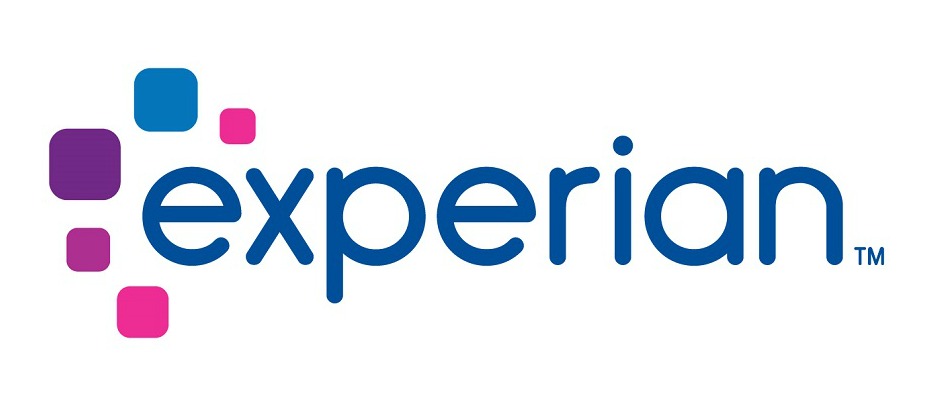
In the aftermath of Hurricane Harvey, the nation is waiting to assess the scope of the damage.

For the fourth consecutive year, Experian has been named to Forbes Magazine’s Top 100 list of the “World’s Most Innovative Companies.” At Experian, we are proud to foster a global culture of continuous innovation, from finding breakthroughs around better utilizing data to identifying ways we can make access to credit faster and simpler for millions around the world. The recognition as a top innovative company is a testament to our employees’ focus on putting the consumer and our customers at the center of what we do, and powering innovative opportunities to secure better, more productive futures for people and organizations. This past year has been a year of significant milestones, including our partnership with Finicity, the introduction of our Text for Credit product, and our drive to create a more open and adaptive technology environment by implementing API capabilities across the Experian network. In March, we were among the first companies to digitize the mortgage underwriting process. We partnered with Finicity to join our new Digital Verification Solution with their data aggregation and insight platform, creating technology that easily verifies consumer assets and income. This new service enables us improve data accuracy and reduce fraud risk for lenders, and removes the hassle and piles of paperwork for consumers, accelerating the loan underwriting process to as little as 10 days. In July, we introduced the first-ever credit solution that enables consumers to apply for credit with a simple text message. Utilizing patent-pending mobile identification through our Smart Lookup process, consumers can be recognized by their device credentials, bypassing the need to fill out a lengthy credit application. Our Text for Credit product enables consumers to apply for real-time access to credit while standing in line to make their purchases, or before entering an auto dealership. We’ve also implemented application programming interfaces (APIs) across the Experian network. This works to improve the transfer of data, speed up the pace of innovation and foster a more collaborative environment, enabling us to create a more efficient and targeted platform for our customers. Additionally, understanding that healthcare is becoming the “new retail” environment, Experian launched price transparency and patient estimate tools that provide health systems with real-time eligibility and insurance coverage to help patients avoid the sticker shock associated with unforeseen medical expenses. An industry’s greatest innovators are successful not only because they deliver superior products in the present, but also – and perhaps more importantly – because they continuously solidify their place in the future through a culture of discovery that encourages modernization and disruption. As author Greg Satell outlined in his new book, Mapping Innovation: A Playbook for Navigating a Disruptive Age, the work we do in our DataLabs – and throughout Experian – shows our commitment to being inventive and agile in an increasingly competitive market. Experian embraces a culture of discovery that enables us to grow and evolve while remaining at the forefront of innovation. Of course, the key is to never stop questioning, evolving and innovating. And we won’t.

A few years back, a friend approached me at church, devastated because his identity had been stolen. His tampered identity made it difficult for him to access credit, and his small business was suffering as a result. I’ve been working at Experian for 9 years, and I’m regularly asked by folks how to effectively build credit and keep identities secure, but this case had me stumped. I ended up directing him to a colleague of mine who helped facilitate his recovery, but I wanted to do more. I started asking around the office how I could help not only friends and family, but anyone in the community who is concerned about their credit. That’s when I joined Experian’s Ambassadors Program. As an Ambassador, I now regularly volunteer my time to share financial literacy presentations on credit and identify theft prevention with people in my community, from students to church groups. One presentation I gave recently really changed my perspective on the power of credit. My son asked me to present at his company, Capital Group, in the Financial District of Los Angeles. Walking into the presentation, I assumed that their work in finance would make them credit experts. I assumed I would be presenting to a small group of people who felt confident about their credit and would ask very few questions. I couldn’t have been more wrong. The group was two times larger than any audience I’d presented to before, and they were incredibly engaged. Many inquired about simple credit concepts: “What should I be aware of regarding my credit report? How can I make my credit better?” It dawned on me that just because someone’s in finance or business doesn’t automatically mean they understand the ins and outs of credit – they work just like you and I do, and it’s not their #1 job to worry about their credit. I realized that everyone could benefit from the information we were providing. During that presentation, I broke the concept of credit down into manageable chunks, explaining things like the consequences of late mortgage payments, how to prevent identity fraud and a person’s credit utilization rate. I drew on the mistakes I made as a young man and the hindsight I now have as a grandfather to 19 children. I wanted to equip them with the tools they needed to adjust to all of life’s events – from divorce to sending a kid off to college – and help them make financial changes that will positively benefit them and their families. One presentation at a time, I want to continue ensuring that families can confidently pursue their dreams and achieve financial milestones.

A core theme of the European Union’s General Data Protection Regulation (EU GDPR), which is to keep consumer interests front of mind at all times, mirrors sound fundamental advice for all companies. Customer centric business practices are especially essential in the data-driven age, driving innovation and opportunity. The transparent, secure and effective use of data has transformative potential for consumers and businesses. But consumers must feel comfortable and in control of its opportunities, and there is a clear role for our industry to play in addressing their understandable concerns around privacy and security. In particular, there is a need for more openness about how data is collected and used for the benefit of consumers. In business, we are all aware of the advantages that data-driven technology can bring. Yet the way data is harnessed for good hasn’t, to date, been central part of the prevailing ‘data narrative’. At Experian, we process over 1,151 billion records a year, with a global segmentation of more than 2.3 billion consumers in more than 30 countries, and demographic data on over 700 million individuals and 270 million households combined. It’s a responsibility we take very seriously. We have always aspired to set new benchmarks for best practice in our operating standards and our approach to data stewardship. As a trusted data custodian for millions of consumers, we aim to unlock the power of data to create opportunities for individuals, businesses and society. The world is becoming more connected every day, and if businesses are serious about keeping up with the change, a truly holistic approach to managing all this data is required. One which protects our customers and our products from risks, such as an ever-increasing array of cyber threats, while ensuring the customer journey is as relevant and fluid as it needs to be. To help businesses to start thinking about how they can survive and thrive in the new regulatory environment, we’ve created a new whitepaper, ‘Defining the Data Powered Future’. It sets out some key steps that business should consider working through, our three ‘I’s – “Investigate”, “Improve” and “Integrate”. Businesses need to start to thinking about their implementation requirements now, if they haven’t already. And we hope this paper will offer some food for thought. It’s not good enough to feel ‘fairly confident’ that the data held is being used in the interests of the customer. It’s a requirement that new levels of scrutiny are applied here, and the customer’s perspective is the be-all and end-all guide to whether you are getting it right. With the advent of GDPR, this type of joined-up thinking will need to become the new normal, as the “datafication” of our world continues. I would encourage businesses of all shapes and sizes to take the opportunity that this moment brings. Now is the time to create a truly consumer-centric approach to data governance and strategy, and to secure your customer’s place at the heart of your data powered future.
![This Year’s Most Sought-After Data Roles [White Paper] #DataScience #CDO #BigData](https://stg1.experian.com/blogs/news/wp-content/uploads/2017/07/hands.png)
Organizations everywhere are looking to do more with their data assets, as well as better leverage open data and third party data sources for additional consumer insight. The good news is that there is no shortage of information available. The bad news is that wrangling and making sense of all that information can be very challenging. That is why we see 61 percent of U.S. companies stating inaccurate data is undermining their ability to provide an excellent customer experience. However, there is a new breed of data professionals trying to change all that. New talent is coming into organizations looking to unlock the power of data to transform business operations and better serve clients. Businesses everywhere are eager to bring on these data professionals; to the point it is creating a frenzy around data staffing. If you are looking to hire new data professionals, you are certainly not alone. According to a new Experian Data Quality report, Investing in Digital Transformation: This Year’s Most Sought-After Data Roles, businesses are hiring a mix of business- and regulation-focused data positions. Below is a chart showing the top roles being hired according to U.S. respondents and also c-level executives specifically: There are a few key roles I want to highlight. First, data analysts. They are the most sought-after data role by U.S. organizations, mainly because they are so versatile. They are individuals placed across departments to analyze data in such a way that it can be used for business intelligence. 57% percent of businesses spend a majority of their time analyzing data, and this role is key to ensuring they’re getting the right results. The most important role for c-level executives is the chief data officer (CDO). The CDO has seen a lot of hype in the past few years and at this point we are seeing more general adoption of the role. This individual is responsible for developing and implementing an information strategy, which includes disciplines like data security, governance, quality, and management. They also will oversee a team of data professionals who bridge the gap between the business and IT. We have more research on this role in particular coming out next month, but they will often shape cross-functional data organizations and how well businesses can achieve the data insight they desire. In general, with all of these roles, talent shortages are a problem. Relative to demand, very few experienced individuals exist on the market. This means organizations need to come up with creative ways to attract and maintain this talent to keep up with the changing business landscape. For more information on these and other data roles, download a copy of our new report: Investing in digital transformation: This year’s most sought-after data roles. Download the complete "The Year's Most Sought-After Data Roles" report.
